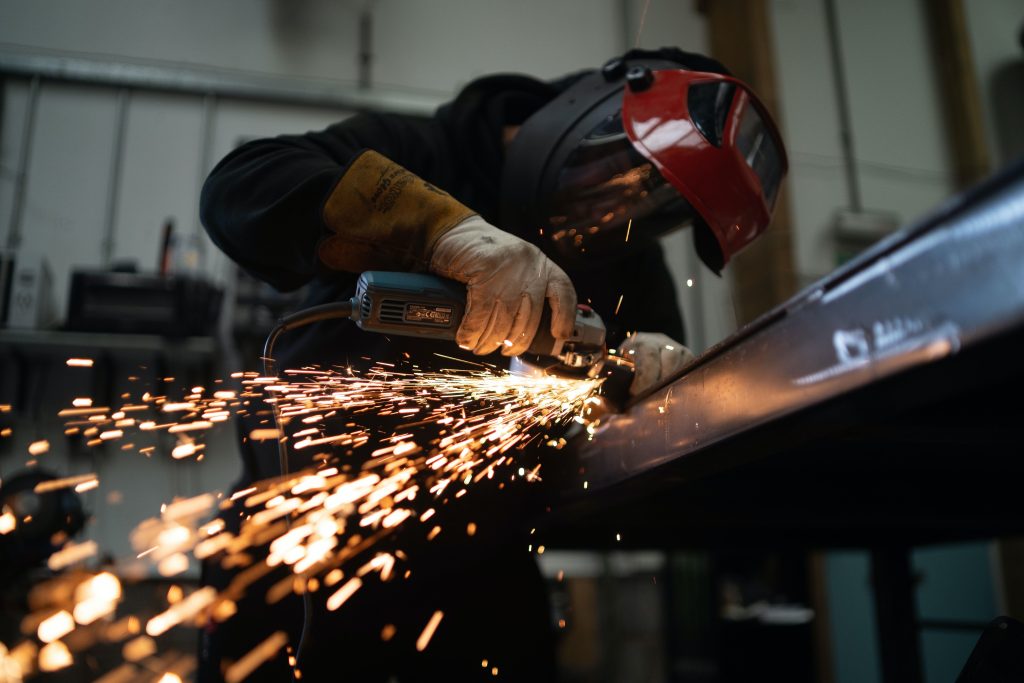Analysis

February 6, 2024
January manufacturing still contracting, shows some improvement: ISM
Written by David Schollaert
Domestic manufacturing activity continued to draw back in January, receding for the 15th straight month, according to the latest Institute for Supply Management (ISM) Manufacturing PMI report.
The ISM Manufacturing PMI registered 49.1% in January, up two percentage points from 47.1% reported in December. A reading above 50 indicates the manufacturing economy is growing, while a reading below 50 indicates contraction. The last time it was above 50 was in October 2022 when the reading was 50.2, the report said.
“The US manufacturing sector continued to contract, though at a marginal rate compared to December. Demand moderately improved, output remained stable and inputs are accommodative,” Timothy R. Fiore, ISM chair, said in a statement.
Supplier deliveries are up 2.1 percentage points from 47% in December, and the inventories index moved up by 2.3 percentage points.
Overall demand moderated, with new orders expanding at a “respectable rate,” while the new export orders index contracted, according to the report.
“Demand remains soft but shows signs of improvement, and production execution is stable compared to December, as panelists’ companies continue to manage outputs, material inputs, and labor costs,” Fiore added.
Two of the six biggest manufacturing industries registered growth in January, a welcome sight after none recorded growth the month prior.
In total, four manufacturing industries reported growth in January – apparel, leather and allied products, textile mills, transportation equipment, and chemical products – while the remaining 13 industries reported contraction in January, ISM said.






